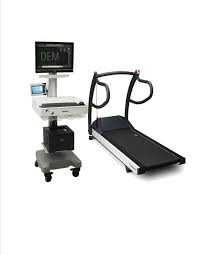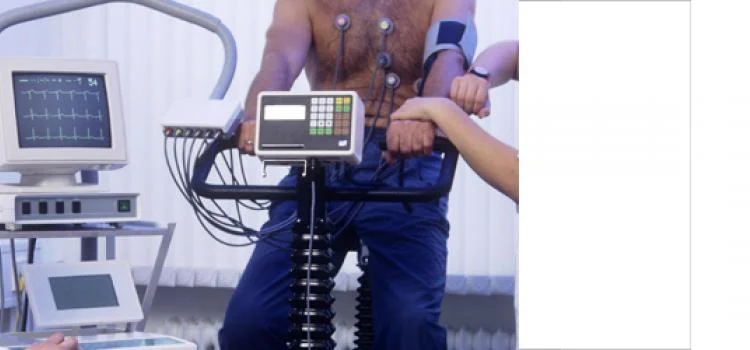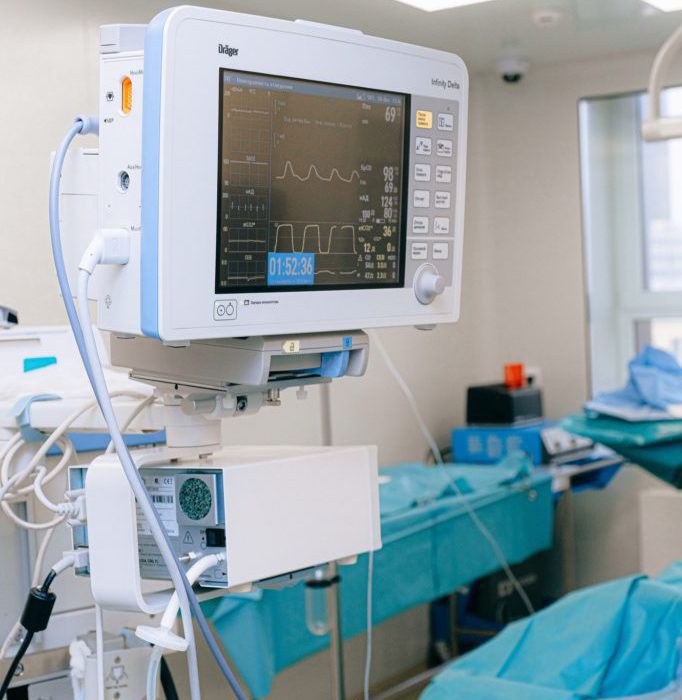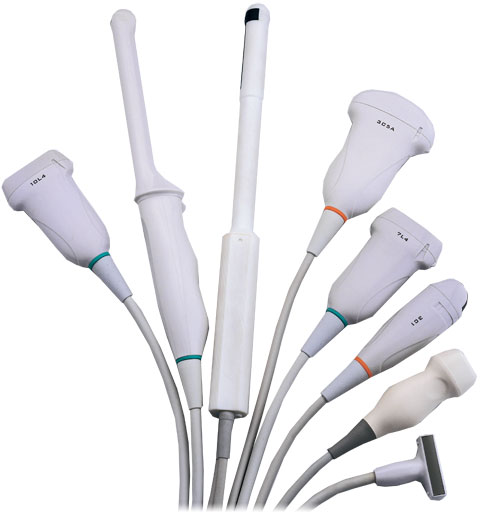Stress Systems: Understanding the Importance of Maintenance and Choosing the Right Vendor – Part 1 of 3
Introduction: Stress is an unavoidable aspect of life, and it affects both individuals and organizations. In today’s fast-paced world, stress can have severe consequences on our physical and mental well-being. To tackle this issue, stress systems have become increasingly popular, providing individuals and businesses with effective tools to manage and reduce stress levels. However, stress systems require regular maintenance to ensure optimal performance and longevity. In this three-part series, we will delve into stress systems, the importance of maintenance, and how to find the right vendor to meet your needs.
Part 1: Understanding Stress Systems
What are Stress Systems? Stress systems are technological solutions designed to measure, analyze, and address stress levels. These systems utilize various sensors and data collection techniques to monitor stress indicators, such as heart rate, respiratory rate, body temperature, and skin conductance. By continuously tracking these physiological responses, stress systems provide real-time feedback on an individual’s stress levels.
Why are Stress Systems Important? Stress systems play a vital role in promoting well-being and productivity. They offer valuable insights into an individual’s stress patterns, allowing for proactive measures to be taken. By identifying stressful triggers and offering coping mechanisms, stress systems empower individuals to mitigate stress effectively. Moreover, organizations can benefit from stress systems by monitoring employee stress levels, implementing targeted interventions, and fostering a healthier work environment.
Types of Stress Systems:
- Wearable Devices: These stress systems are typically worn on the body and provide continuous monitoring of stress indicators. Examples include smartwatches, fitness trackers, and biofeedback devices. They are convenient for personal use and can provide real-time alerts and suggestions for stress reduction.
- Laboratory-Based Systems: These stress systems are more comprehensive and are commonly used in research and clinical settings. They involve a combination of sensors and specialized equipment to measure stress responses accurately. Laboratory-based systems offer in-depth analysis and are often used in controlled experiments or medical assessments.
- Mobile Applications: With the widespread use of smartphones, stress systems have extended their reach through mobile applications. These apps leverage device sensors to collect data and offer stress management techniques, such as guided meditation, breathing exercises, and mindfulness practices. Mobile stress systems provide flexibility and accessibility for users on the go.
Conclusion: Stress systems have emerged as powerful tools for stress management, helping individuals and organizations monitor and address stress levels effectively. By utilizing various sensors and data collection techniques, stress systems provide valuable insights into physiological responses. In Part 2 of this series, we will discuss the essential maintenance requirements for stress systems and the consequences of neglecting them. Additionally, in Part 3, we will explore key considerations to keep in mind when selecting a stress system vendor that best suits your specific needs.





